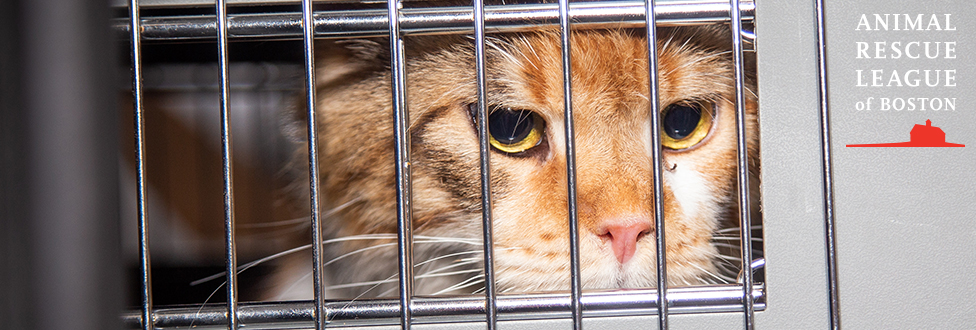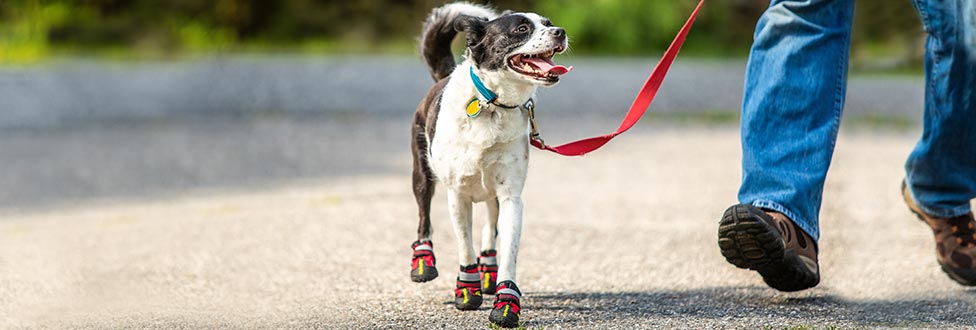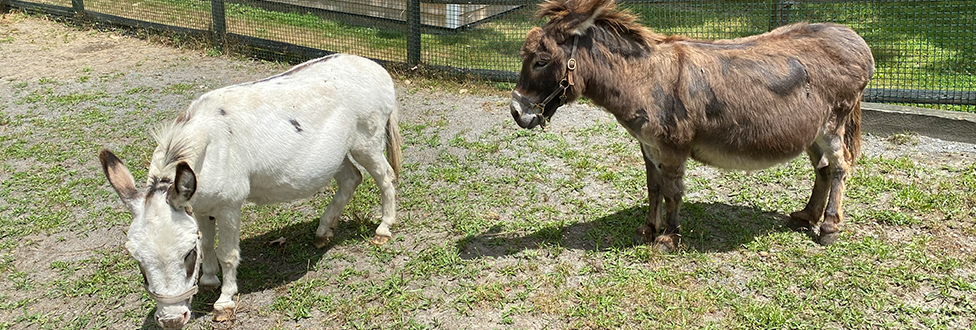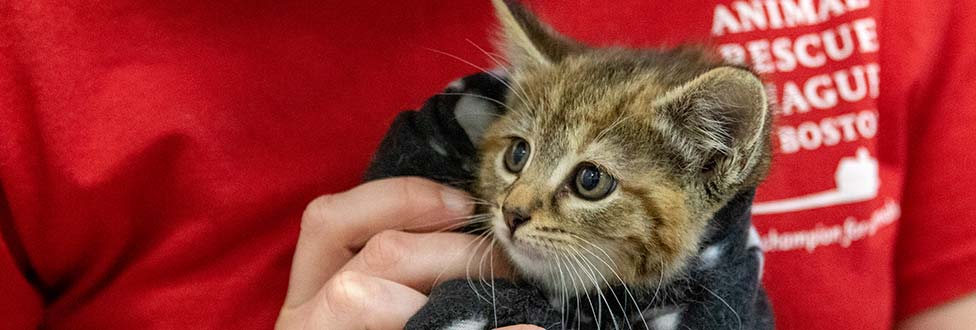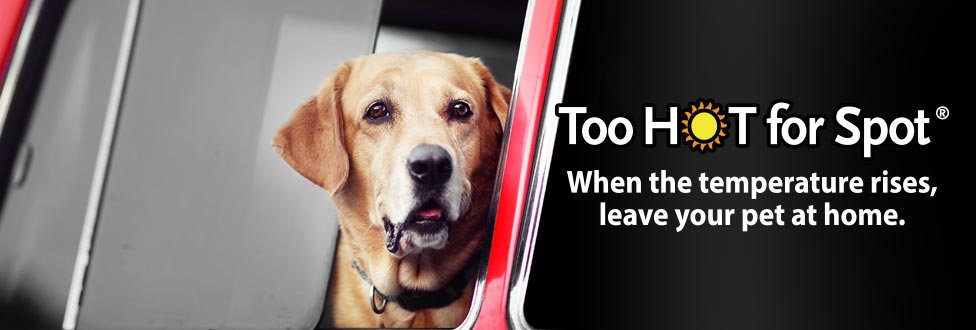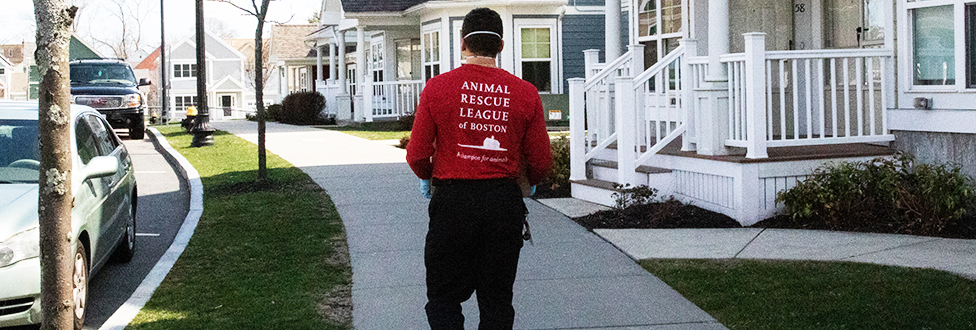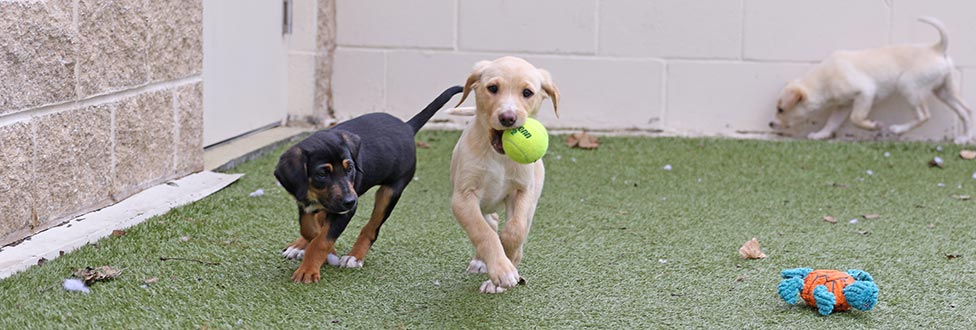ARL Position Statements: Our Guiding Documents
The Animal Rescue League of Boston (ARL) drafts position statements to inform the public of our principles. These position statements include a variety of animal welfare issues, and are regularly evaluated.
ARL’s position statements can be found here.
This week, we spotlight ARL’s position statement on Declawing.
Declawing is not a simple nail trim, it is an amputation of part of a cat’s toe. While many who seek out declawing do so because of undesired scratching, cats who are declawed often see more behavioral problems due to pain and inability to exercise a natural instinct to scratch.
A year ago this week, New York made history by being the first state in the country to prohibit the procedure outside of limited exceptions.
Here in Massachusetts, a bill to prohibit declawing, filed by Senator Mark Montigny, emerged from the Joint Committee on Consumer Protection and Professional Licensure with a favorable report earlier this year.
ARL testified in favor of the bill at the hearing last July, coincidentally on the same day that New York signed their ban into law.
The hearing was an example of how powerful advocacy can be, with dozens of advocates and grassroots organizations testifying in support of the legislation.
ARL supports a ban on declawing, outside of when medically necessary for the animal’s health, because it puts the animal’s health first.
Understanding about this elective practice is spreading.
Earlier this year, VCA Animal Hospitals, Banfield Pet Hospitals, and BluePearl Pet Hospitals updated their policies to end elective declaw procedures, only doing so to treat pain or illness of the animal. With over 2000 locations in the US, this change in policy will have a monumental effect on elective declaws across the country.


